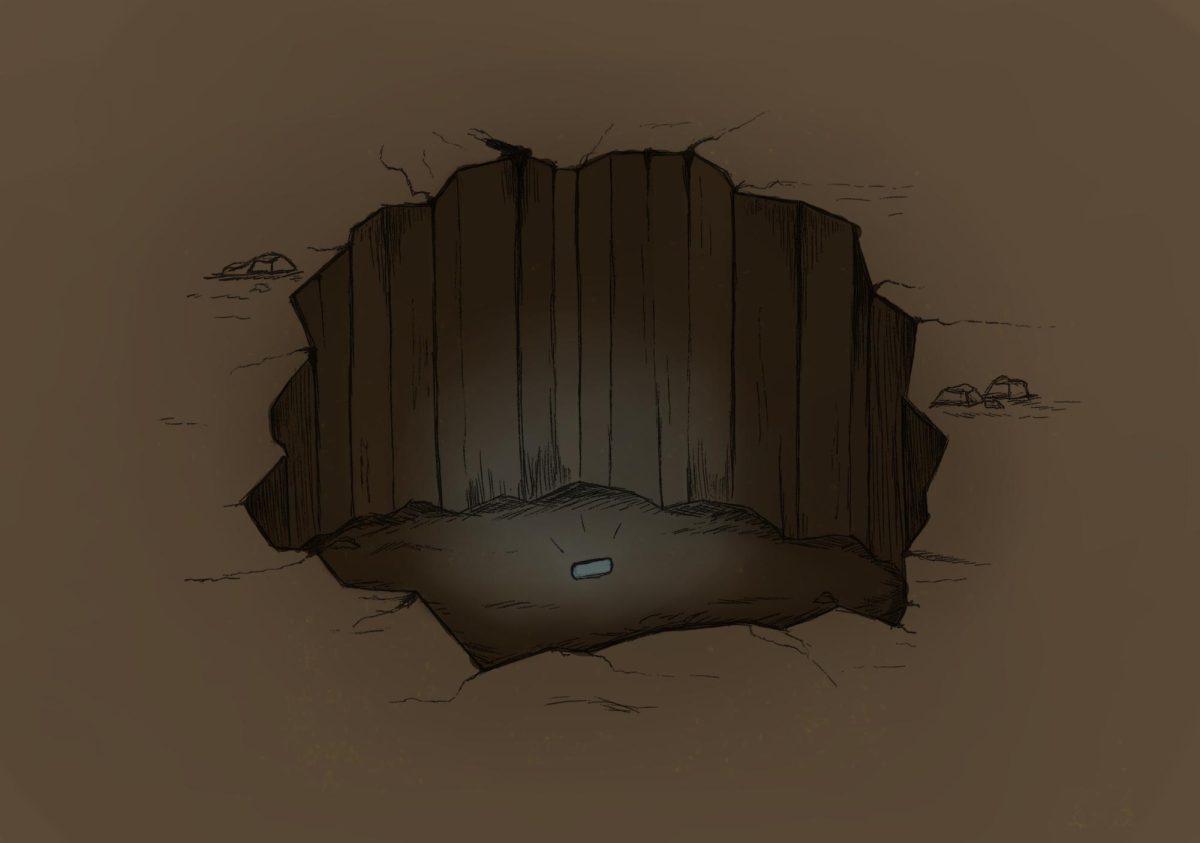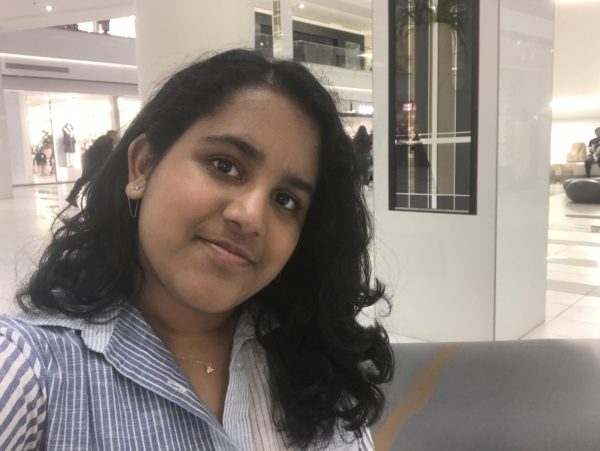It’s your junior year and you’ve taken your first of many breaks from social media, convinced it will grant you the mental clarity you’ve oh-so desperately been seeking. At first, it feels like stepping into a new world—quieter, emptier. But then the silence turns oppressive. Friends’ updates vanish, the memes that once filled your evenings are gone, and your own sense of motivation seems…lost. You thought a detox would be the reset you wanted—the reset you needed—but it instead left a strange, hollow void. An eerie silence lingers in the background, so quiet you can hear a pin drop—this feels far more punishing than rewarding.
In this modern-day hyperconnected age, a “social media detox” has gradually managed to garner a cult following, standing tall as a “natural remedy” for an overstimulated life of endless scrolling. It is marketed as a “path to nirvana”, a way to regain control over people’s already chaotic schedules. However, this runs far from the truth: these breaks from socials are, at best, a trendy and oversimplified solution to a problem that runs far deeper than “screen time.” Social media isn’t inherently toxic, instead it’s a tool, one that can enrich everyone’s lives with connection, creativity, and easy access to boundless information. The detox mentality doesn’t solve media overuse; it avoids it altogether, leaving no room to develop essential skills, such as balance or self-discipline. Why demonize something that, when used with the right intentions, can so easily nurture the positive connectivity of millions? Social media withdrawal isn’t the answer—it is merely a misguided distraction from learning the true necessity of moderation.
The allure of a social media hiatus lies in its simplicity: step away, and your problems disappear. It’s an enticing idea, especially for those drowning in stress and mental exhaustion. But this approach oversimplifies the issue through reducing this complex relationship with technology to an “on and off switch”. Platforms like Instagram and TikTok aren’t fundamentally evil nor harmful—rather, it is instead how the users manage their responsibilities and interact with these platforms that matters. Research from The Conversation’s article “Why a social media detox may not be as good for you as you think—new research,” by Niklass Ihssen and Michael Wadlsey, elucidates that while reducing social media usage can lower negative emotions (such as jealousy, depression, anxiety), it often comes at a cost. The positive emotions (like joy, inspiration, and especially connection) that these platforms can provide disappear, leaving a subsequent void in people’s lives. For instance, sharing life updates, finding niche communities, and even discovering academic resources are benefits that detoxes tend to ignore.
It’s also essential to recognize that while social media use can become compulsive, it doesn’t necessarily equate to addiction (in the traditional sense). Unlike substances, it doesn’t induce physical withdrawal symptoms. But its psychological hold is undeniable, creating habits that can spiral into anxiety, loneliness, or a dependency that feels impossible to shake. The issue isn’t that you’re “powerless” to social media, but rather that your habits have shifted toward unhealthy patterns. Instead of just disconnecting entirely, you need to develop strategies to regain control of your life, such as unfollowing accounts that trigger these negative feelings, setting strict time limits, or incorporating more physical activities that can help nurture personal well-being. A detox might offer a temporary break, but it certainly does not address the underlying behaviors that contribute to unhealthy usage. After all, it’s about breaking the cycle, not avoiding the problem.
Rather than abandoning social media, the solution lies in redefining your relationship with it. Curate a feed that inspires you by following positive accounts specific to your interests to help you grow and learn more about yourself. Don’t shy away from setting boundaries, even with your own phone—sometimes, all you need is regulation. Set specific times for social media use so that it doesn’t dominate your day. Limit your time on certain apps to avoid endless scrolling, and take intentional breaks when you need them. Social media should be a tool to enhance your life, not engulf it. The solution is never to simply “detox” but, it is to build healthy habits that allow us to use these platforms without being overwhelmed by them. In the end, it’s all about maintaining balance—finding harmony between connection and control.





































